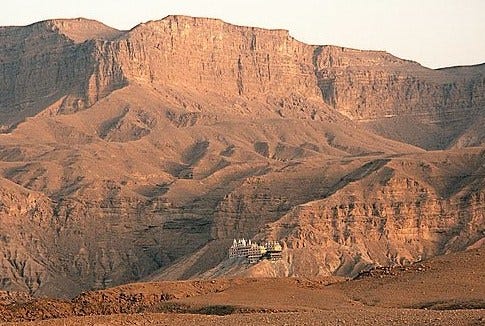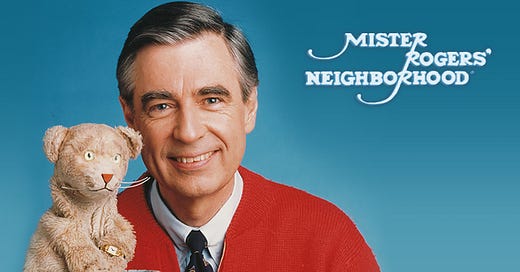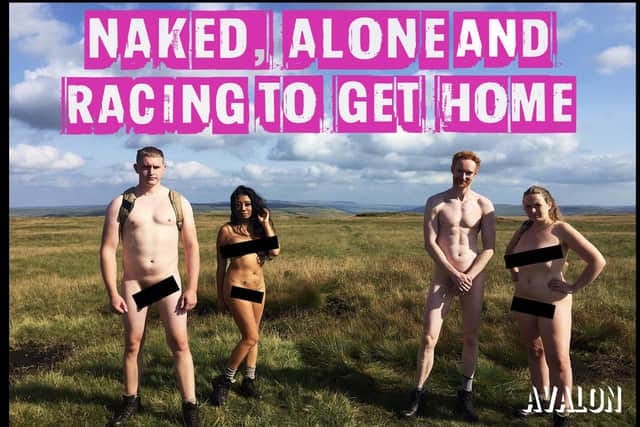I was sitting in the rec centre sauna today after a workout and a guy struck up a conversation with me. I usually prefer to treat the sauna like a sweat lodge and spend the time in contemplation, but in this case we were the only two people in the sauna and it seemed like he needed to get some things off his chest.
He was griping about the sorry state of the world (a topic that comes up a lot in the sauna) and I asked him how, as a father, he counteracts the negative influence of culture on his kids. He spoke about how he takes his daughter out in nature and shows her how to talk to the plants and animals. He felt it was important to teach her that the world is alive and that we are never truly alone, even if there aren’t other humans around.
“There are no monotheists in the jungle.”
I thought this was wonderful, and commented that just like the old saying that there are no atheists in foxholes, there are no monotheists in the jungle. He asked what a monotheist is, and I told him that it’s someone who believes in one transcendent god who creates and controls everything — in contrast to polytheists who have a pantheon of gods that represent many different aspects of creation.
People who live in biodiverse places tend to be polytheists because it better reflects the diversity of their environment and it puts them in the right relationship with that environment to achieve sustainable survival for all species. Makes sense right? So is it any wonder that monotheism comes from desert cultures? We only have to look around us to see what happens when we transplant a desert-born religion to bioregions that need stewardship, not dominion.

I explained that people who live a subsistence lifestyle outside of civilization rely on the plants and animals of their place in order to survive. They know that you need to be in right relationship with everyone around you — humans, plants, animals, the elements — or else you’re a goner. Contrary to the modern neo-liberal myth, self-reliance is an illusion. An individualist in the jungle is dead meat, literally. Fundamental to the “animist” understanding is the knowledge that in order to be in relationship, you need to see the non-human as a person. To uncivilized people (and I use that term in the least derogatory sense possible) it’s a “no-brainer” to see the rest of creation as alive, and worthy of proper etiquette.
The people we call “animists” would never call themselves that. Only a people that have become so disconnected from their roots would even come up with a special term for people who see the world around them as a community of people. For them (and for our ancestors) it’s self-evident that other species have souls, personalities and agency. Animist cultures might call themselves the linguistic equivalent of “people” or “human,” but it doesn’t carry the same supremicist connotation that it does in the Christianized West. “Humans” aren’t more special than anything else. In fact, many natural “animist” cultures see us humans as the least intelligent species because, unlike our non-human kin, we find it so difficult to live in harmony with the rest of creation.
At this point an old-timer came into the sauna and a conversation opened up about how our small rural town is changing with the influx of people coming from the city to find cheaper housing. I shared that one of ways I can track the change is by how many people return my greeting when I’m out on the coastal forest trail jogging or biking. I estimated that about 1 in 5 acknowledge or return my “hello” or “good morning” when passing by. I think it’s a pretty sad indication of just how cut off people think they are from each other. I told him about how when I was in the Amazon jungle you could be walking on a remote trail between small villages and if you happened to pass a stranger they would always greet you with “Hola amigo!” Even to me, clearly an outsider and a gringo who didn’t really belong there.
People who live outside the city know that we need friendly connections to other people (and I’m including the plants and animals here) in order to survive. I wondered if it ever crosses the mind of those city folk who are biking on secluded trails that if they had an accident, heart attack or blew a tire, they might need to rely on the kindness of a stranger in order to get to a hospital, or at least get back on the road. The fact that more people are spending more time online probably isn’t helping us be more connected IRL. Maybe they think it’s more important to have a bunch of “friends” on social media than being friendly to their actual neighbours. But just try getting immediate help from your Facebook friends if you snap your bike chain when you’re 10 km from the nearest bike shop.
When I grew up in the 70s and 80s, Mr. Rogers greeted us every day after school with a song that asked “Won’t you please, won’t you please? Please, won't you be my neighbour?” Mr. Rogers (who wore a cardigan and lived in a city but was clearly an animist) knew the importance of being friendly with your neighbours. In the song he explains, “Neighbours are people who are close to us, and friends are people who are close to our hearts. I like to think of you as my neighbor and my friend.”
Now, wouldn’t the world be a much better place if we could see that everyone — people, plants, animals, the elements — are our neighbours and that friends make better neighbours than enemies?
Brian James is a depth counsellor, archetypal coach, recovering monotheist and host of the Howl in the Wilderness podcast. Learn more at http://brianjames.ca







I just saw this on our local Facebook group:
“Huge thank you to Kathy who rescued me on the Galloping Goose today. She had just run 18 km and came across me with my bike. It was pouring rain. My derailleur had suddenly snapped off on the steep hill by Grouse Nest. She helped me push my bike back to Roche Cove and put my bike in her car and drove me to the Bike Shack. I only know she lives on Grant Road and has two German shepherds. I hope she sees this message! Thanks so much!!!”
This is friendly neighbouring in action!
B
I really liked this. I resonate with the animistic perspective as a way of living and the polyphonic psyche as a way of understanding our inner worlds. It’s the kind of perspective that once you read about, it’s hard to view the world through a monotheistic lens again.